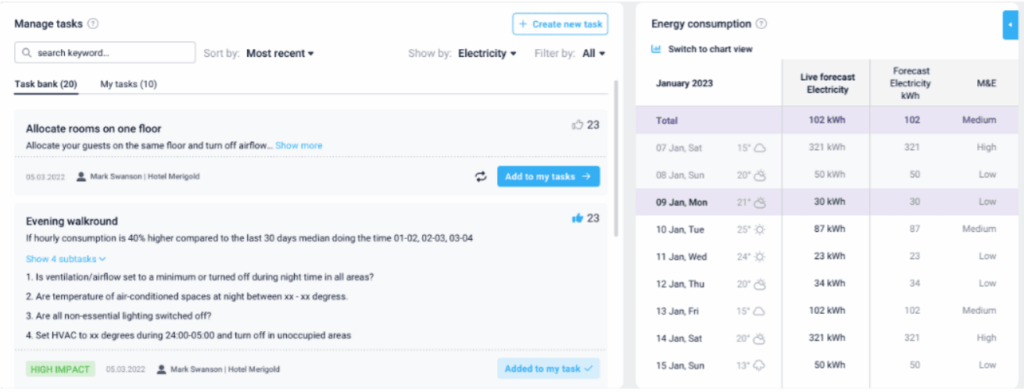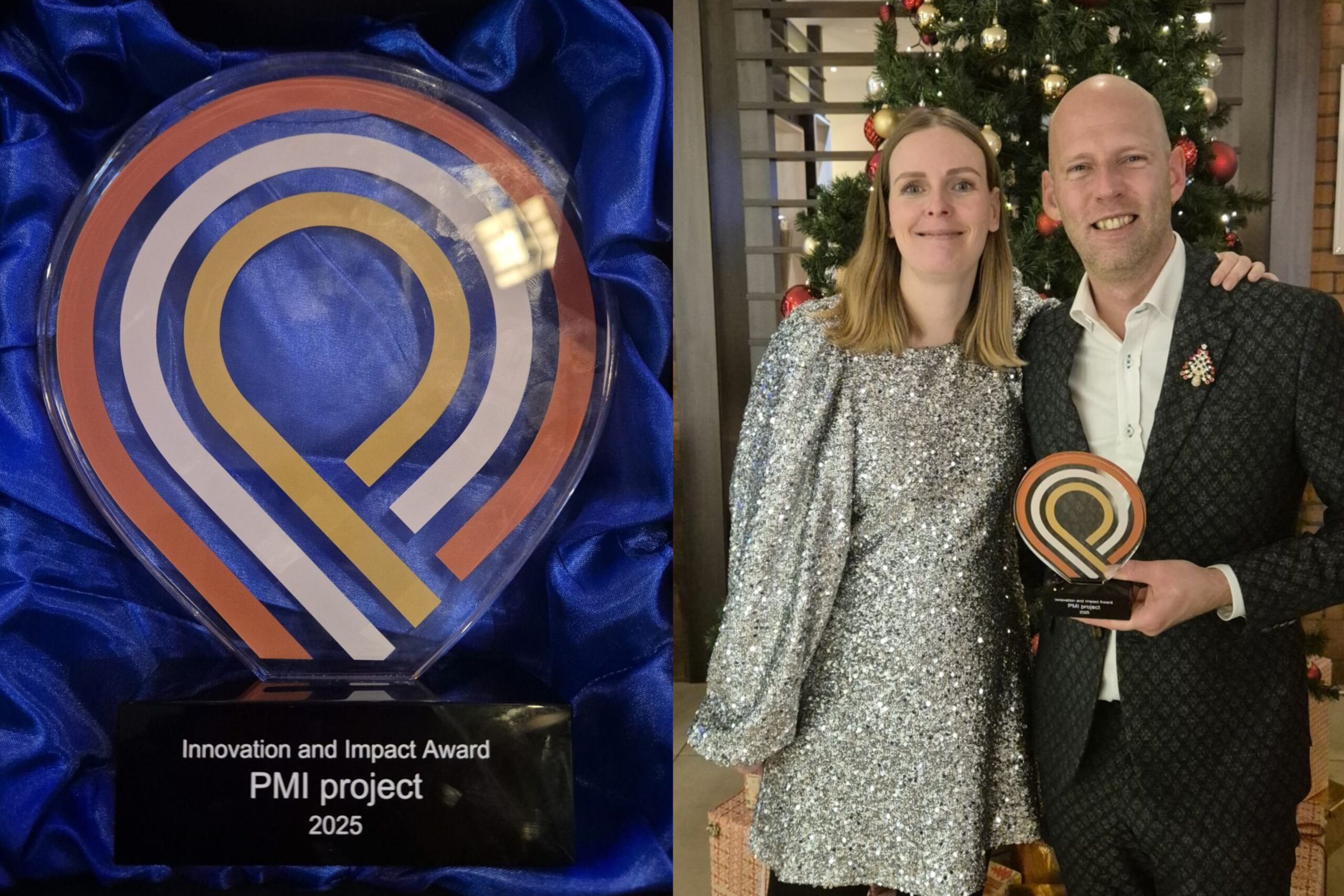Eco-Friendly Knowledge Gaps Across Hotels
The knowledge level of eco-friendly practices varies widely between hotels. Sustainability evolves constantly, with new research, technologies, and approaches emerging. However, high staff turnover in hospitality often weakens knowledge retention.

Resource managers receive tailored tips and can share creative ideas, which are reviewed and added to the Strawberry GoGreen best practice bank. This fosters collaboration, knowledge sharing, and continuous improvement across hotels.
Strawberry values motivated managers who understand eco-friendly practices. These managers establish routines that align with sustainability goals and drive progress toward monthly targets. PMI’s best practice and task bank supports them with curated tips and suggestions tailored to real challenges. Much like Amazon book recommendations, it helps bridge knowledge gaps and accelerates the adoption of sustainable practices.
Individual users contribute their knowledge and ideas, and the platform highlights their input. This recognition creates a culture of collaboration and motivates continuous sharing. As a result, teams strengthen learning, adapt faster, and innovate more often. Stakeholders stay updated on the latest sustainability developments and consistently improve their efforts.
Beyond internal knowledge sharing, Strawberry also taps into the PMI GoGreen global practice bank, gaining access to proven eco-friendly practices and insights from hotels worldwide.
Learn More
Explore related insights and case studies:
- Pioneering sustainability transparency: Strawberry Hotels case study.
- Making goals actionable: How to break down long-term goals into ambitious, fair, and achievable monthly targets.
- Making adoption transparent, easy, and engaging: Promote eco-friendly practices, foster healthy competition, and support continuous learning.
- Making eco-friendly operations profitable: Express reductions in economic terms to better align sustainability with business strategy.


